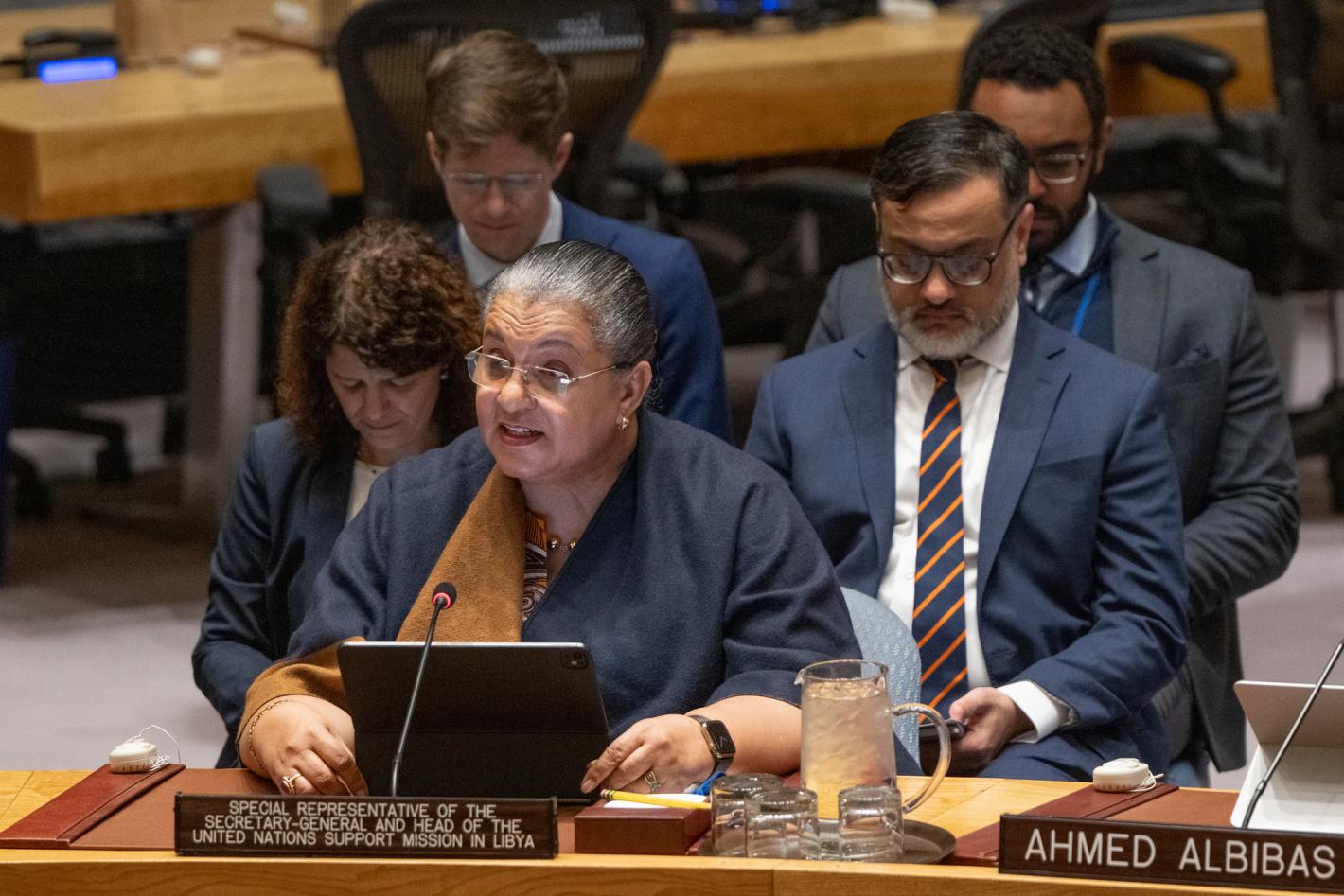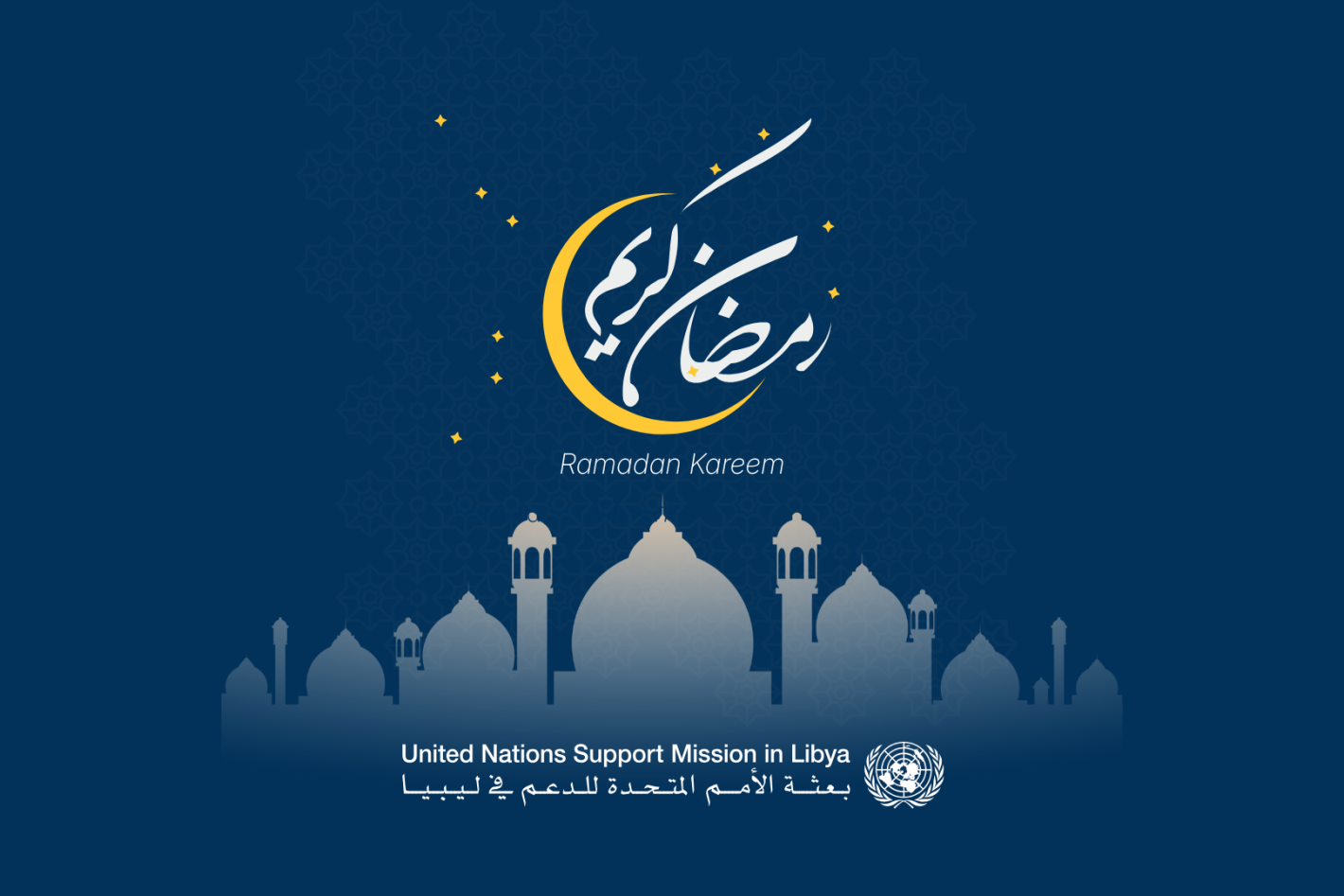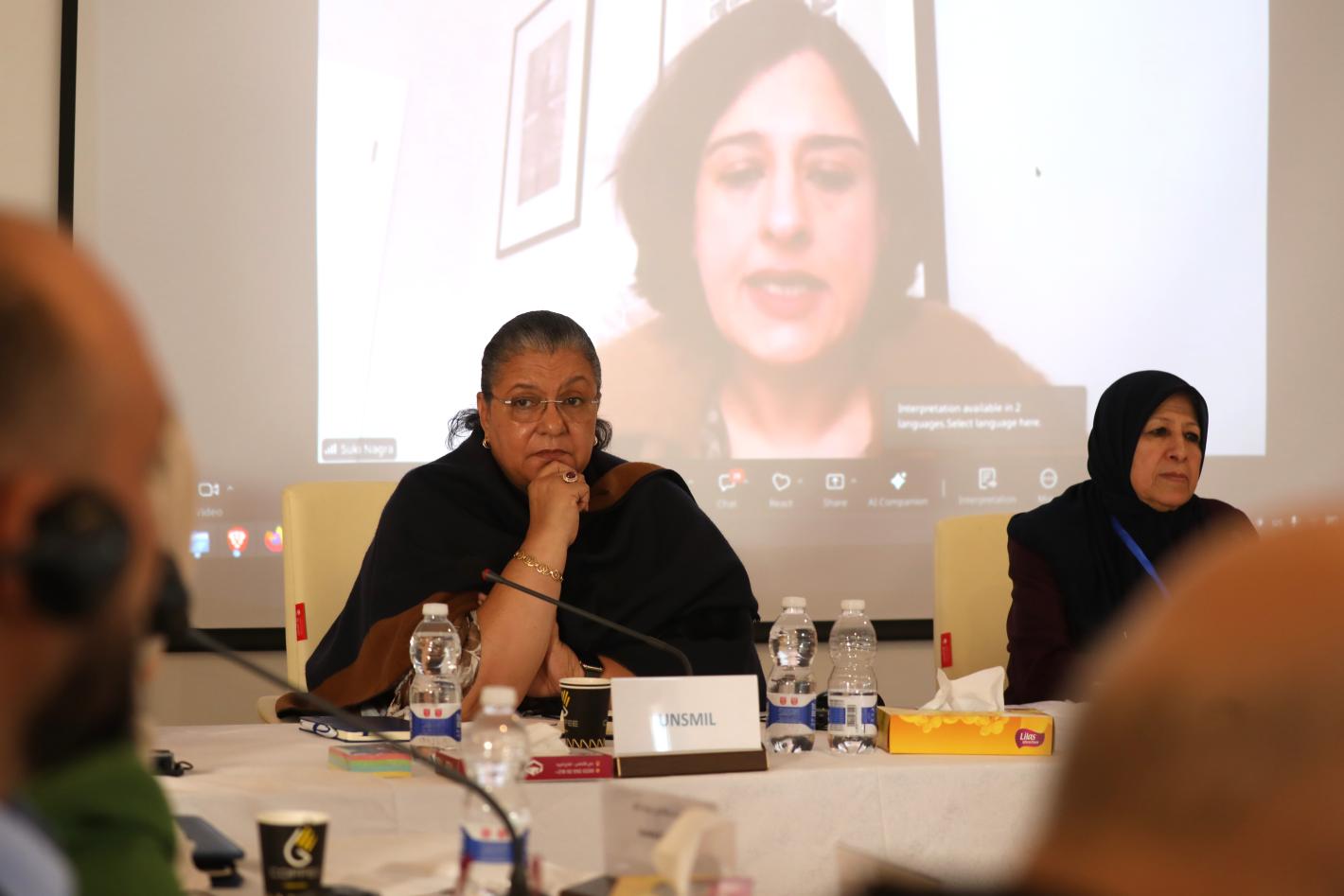Tunis, 2 July 2018 – From 1 June to 30 June 2018, the United Nations Support Mission in Libya (UNSMIL) documented 31 civilian casualties –16 deaths and 15 injuries – during the conduct of hostilities across Libya. Victims included 12 men, one women, two girls and one boy killed and nine men, three women, two girls and one boy injured.
The majority of civilian casualties were caused by shelling (seven deaths and eight injuries), followed by airstrikes (five deaths and one injury), gunfire (three deaths and five injuries), and explosive remnants of war (ERW, one death). The exact cause of another injury could not be established.
UNSMIL documented civilian casualties in Derna (10 killed and eight injured), Ajdabiya (three killed and seven injured), and Beni Walid (three killed).
UNSMIL documented 11 additional casualties from other possible violations of international humanitarian law and violations or abuses of international human rights law in Ajilat, Derna, Misrata, Sabha and Tobruk.
Civilian Casualty Incidents
In Derna:
Ongoing fighting in Derna between the Libyan National Army (LNA) and the Derna Protection Force (DPF, previously the Derna Mujahedeen Shura Council) resulted in at least 10 deaths and eight injuries among civilians. The actual number of civilian casualties is believed to be higher. The closure of the city’s main hospital on 5 June, disruption of communication networks, displacement, and entrapment of civilians in areas of active conflict constrained the gathering and verification of information. Most civilian casualties were caused by the use of unguided weapons such as artillery and mortars by the LNA, crossfire and ERW.
Civilian casualties included six men killed and another four men, a woman and a girl injured in the shelling of the neighbourhoods of Shiha and al-Bilad between 1 and 6 June. On 4 June, a boy and his uncle were killed in crossfire while at their home in Derna. On 13 June, a civilian man was killed in the shelling of al-Bilad neighborhood, while another elderly civilian man sustained a shrapnel wound to the leg. On the same day, another man was killed when an ERW detonated in the area of Salam.
In Ajdabiya:
On 3 June, a woman was killed, while two children, another woman, and two men from the same family were injured near the Qanaan Police Station, some 15 kilometres from Ajdabiya. The incident took place during an attack on the Police Station.
Clashes between the LNA and the Petroleum Facilities Guard forces under the command of Ibrahim Jadran in the Oil Crescent led to two civilian fatalities and two injuries. On 16 June, two girls were killed and a woman injured when their home in Ras Lanouf was hit in an airstrike. On 21 June, an employee in the oil sector was injured by flying debris at his workplace in Ras Lanouf during fighting.
In Beni Walid:
On 5 June, three civilians were killed in an airstrike claimed by the United States Africa Command (AFRICOM) near Beni Walid. The three were riding in a vehicle with a member of a UN-designated terrorist group when hit.
Civilian Facilities
Fierce clashes in Derna led to significant damage to civilian infrastructure, including schools, mosques and private homes. On 5 June, the city’s main functioning public hospital was closed following shelling.
Attribution
The so-called Islamic State claimed responsibility for the 3 June attack on a checkpoint and police station in Qanaan.
The LNA is believed to be responsible for civilian casualties during airstrikes on Ras Lanouf on 16 June.
On 20 June, AFRICOM denied allegations of any civilian casualties in the precision airstrike conducted near Beni Walid two weeks earlier, in coordination with the Government of National Accord, claiming that the four deceased were members of the so-called Islamic State. However, other sources state that three of those killed were civilians.
UNSMIL was unable to determine with certainty which parties to the conflict had caused the other civilian casualties in June.
Casualties from other violations of international humanitarian law and violations or abuses of human rights
Medical professionals in Derna reported four preventable deaths in Derna due to the lack of medical supplies such as oxygen tanks and inability of the sick and wounded to access medical treatment. For instance, on 15 June, during a lull in fighting, neighbors found a woman in her sixties dead in her home in eastern Shiha. According to a medical professional, her death was likely caused by poor blood circulation and her inability to receive prompt medical treatment.
On 12 June, a video emerged on social media depicting the beating and summary execution of a captured Derna local man, lying on his back on the ground, by fighters allegedly affiliated to the LNA. Local residents identified the location of the incident to be near the Lu’lu’a Hotel in the Sahel al-Sharki area. The following day, LNA’s spokesperson announced investigations.
On 20 June, a defendant on trial for murder was shot dead inside the Tomina courtroom in Misrata by relatives of his alleged victim.
On 27 June, a man was killed when a bullet hit his car at a traffic light in Tobruk. The source of fire and motive remained unclear.
On 27 June, a Tabu man was shot dead in the area of Thanawiya in Sabha by unknown perpetrators.
On 28 June, the bodies of three men from the same family were discovered in Ajilat. They had allegedly been held at a facility under the control of a local armed group under the command of Mohamed al-Shtewi. The bodies bore signs of torture, gunshot wounds and burns.
Note
The figures for civilian casualties set out above only include persons killed or injured in the course of hostilities and who were not directly participating in the hostilities. The figures do not include those casualties that are not a direct result of hostilities, for example executions after capture, torture or abductions, or casualties caused as an indirect consequence of hostilities. The figures are based on information UNSMIL has gathered and cross-checked from a broad range of sources in Libya, including human rights defenders, civil society, current and former officials, employees of local governments, community leaders and members, witnesses, others directly affected and media reports. In order to assess the credibility of information obtained, where possible, UNSMIL reviewed documentary information, including medical records, forensic reports and photographic evidence.
The figures are only those that UNSMIL was able to document in the reporting period. They are not likely to be complete and may change as new information emerges about incidents involving civilian casualties that took place during this period.
Similarly, while UNSMIL has systematically tried to ensure that the cases it documented are based on credible information, further verification would be required to attain a higher standard of proof. Due to the security situation, UNSMIL has not been able to carry out direct site visits to all relevant locations in Libya to obtain information. Fear of reprisals against sources further hamper information gathering.
While not all actions leading to civilian casualties breach international humanitarian law, UNSMIL reminds all parties to the conflict that they are under an obligation to target only military objectives. Direct attacks on civilians as well as indiscriminate attacks – which do not distinguish between civilians and fighters – are prohibited. Attacks that are expected to cause incidental loss of civilian life, injury to civilians and damage to civilian objects excessive to the anticipated concrete and direct military advantage are also prohibited. Such attacks amount to war crimes that can be prosecuted by the International Criminal Court.
In order to ensure greater protection of the civilian population and essential infrastructure, all parties engaged in fighting in Libya must cease the use of mortars and other indirect weapons and imprecise aerial bombardments in civilian-populated areas, and not place fighters or other military objectives in populated areas. All executions of captives must cease and all those captured including fighters must be treated humanely in all circumstances. Murdering or torturing captives is also a war crime, regardless of what the captive may be accused of.
Cases highlighted in the “Casualties from other violations of international humanitarian law and violations or abuses of human rights” section include casualties caused during incidents that would constitute a violation of international humanitarian or human rights law, but are not a direct result of hostilities, for examples executions upon capture of civilians and others hors de combat (such as captured fighters) and torture causing death. The section also includes casualties caused by the proliferation of weapons and impunity enjoyed by armed groups and criminal networks – considered as indirect consequences of hostilities. Cases highlighted in the “other casualties” section are not included in the figures for civilian casualties and include only those that UNSMIL documented during the month.
Contact UNSMIL’s Human Rights Monitoring Team to report information on civilian casualties in Libya at the following email address: unsmil-monitoringhumanrightsteam@un.org.






